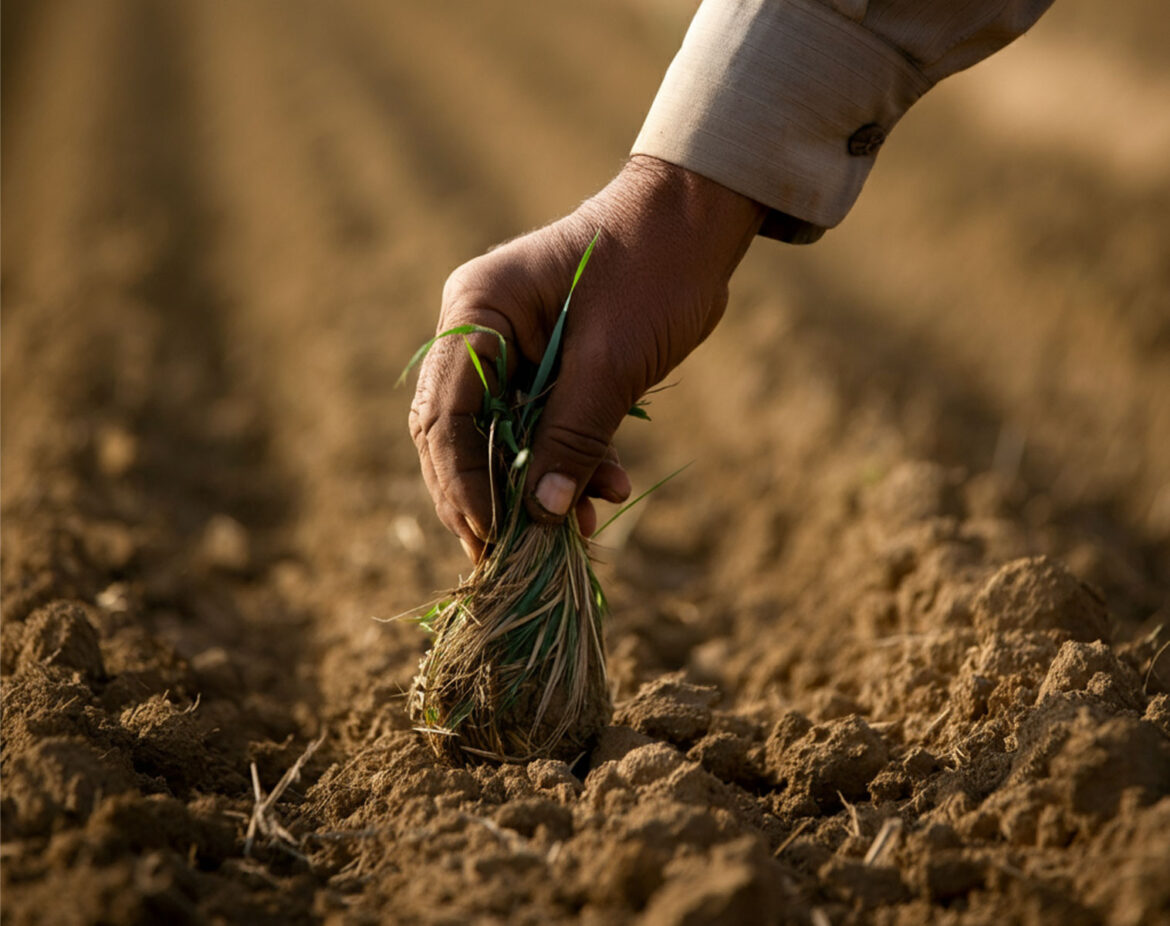The Pakistan Meteorological Department (PMD) has issued a warning for farmers in Khyber-Pakhtunkhwa (KP), Gilgit-Baltistan (GB), and Azad Jammu and Kashmir (AJK), advising them to rely on alternative irrigation sources due to below-normal rainfall expected over the coming months. The dry conditions could lead to reduced soil moisture, particularly affecting wheat sowing during the critical early stages of the rabi crop season.
In its seasonal outlook for November 2024 to January 2025, the Met Office predicts that the dry conditions could hinder early sowing of wheat and other rabi crops in the affected regions. The forecasted rainfall deficits are also expected to limit water replenishment in reservoirs, posing additional challenges for irrigation and the power sector.
The PMD has highlighted that the La Nina phenomenon is likely to emerge in November, persisting throughout the November-January period, which could further contribute to below-normal rainfall. Meanwhile, the Indian Ocean Dipole (IOD) is expected to return to near-normal conditions, which may provide more stable weather patterns during this period.
Farmers in rain-fed (barani) areas, in particular, are likely to face greater difficulties with water availability, as the reduced rainfall will diminish moisture levels essential for crop growth. However, the southern regions of Pakistan, including parts of Sindh and southern Punjab, are expected to receive near-normal rainfall, offering more favorable conditions for crop development.
The Met Office also cautioned that above-normal temperatures in these regions may increase the risk of pest and disease outbreaks, particularly in winter crops. Farmers are advised to take proactive measures for pest and weed management, especially in areas where warmer and drier conditions may stress crops.
In light of these challenges, the federal government has set a wheat production target of 33.58 million tons for the 2024-25 season, to be cultivated on 10.38 million hectares. However, the Irrigation and Drainage Authority (IRSA) has warned of a 16% water shortage for irrigation in Punjab and Sindh, further compounding the situation.
The Food and Agriculture Organization (FAO) of the United Nations has also expressed concern about the potential impacts on Pakistan’s wheat production. According to the FAO’s latest Crop Prospects and Food Situation Triannual Global Report, the forecasted below-average precipitation could adversely affect wheat yields and exacerbate food insecurity in the country. While the area planted with wheat is expected to remain near average, challenges such as water scarcity, pest control, and the availability of agricultural inputs like seeds and fertilizers may limit crop productivity.
As farmers in the affected regions prepare for the sowing season, the PMD’s warning serves as a timely reminder of the potential challenges ahead, urging them to take necessary precautions to mitigate the impact of these adverse weather conditions.



